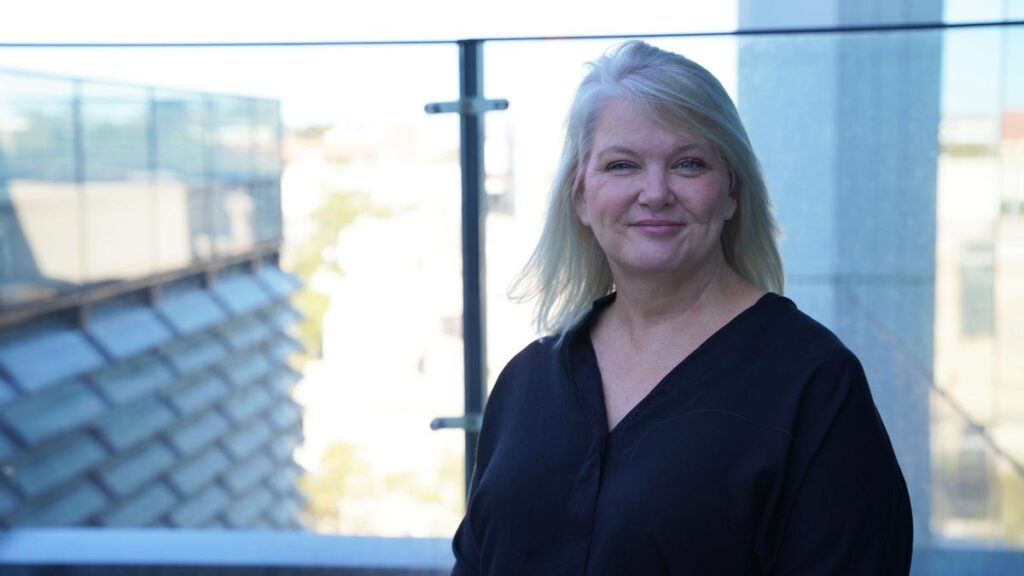
Dr Karen Lombardi is a senior researcher with Embrace at The Kids Research Institute Australia
UPDATE: New data reveals that over 70 percent of women in Australia are experiencing bias and discrimination in the healthcare system, according to the recently released #EndGenderBias report. This alarming trend emphasizes the urgent need for reform in how health conditions are diagnosed and treated for women.
The results, unveiled by the Federal Government, highlight that many women feel dismissed and ashamed, with significant delays in diagnosis and treatment leading to poorer health outcomes. These findings resonate deeply with personal accounts shared in the latest episode of the Embracing the Mind podcast from The Kids Research Institute Australia, where women described their struggles navigating a biased healthcare landscape.
As this issue gains traction, Dr. Karen Lombardi, a senior researcher at the Institute, emphasizes the importance of these conversations. “Women are often labeled as ‘hysterical,’ which directly impacts their treatment and care,” she stated. With the Federal Budget for March allocating $793 million to women’s health initiatives, including new contraceptive pills and clinics for conditions like endometriosis, progress is being made—but not fast enough.
Despite historical negligence, such as the infamous thalidomide scandal, current healthcare policies still reflect systemic biases. The thalidomide tragedy, which caused over 10,000 birth defects worldwide, underscores the long-lasting impact of excluding women from clinical trials—a practice that persisted into the 1980s.
However, there is a glimmer of hope. Some younger women report their gender has become a non-issue in their healthcare experiences, suggesting a shift in attitudes and practices. Yet, these positive developments cannot overshadow the urgent need for continued advocacy.
As we observe Women’s Health Week, it is crucial to challenge the stigma surrounding women’s health issues. If you hear women expressing their frustrations about feeling dismissed or labeled as “hysterical,” consider the implications of these narratives. It’s time to amplify their voices and push for a healthcare system that prioritizes equity and understanding.
This important conversation is not just about statistics; it’s about real women facing real challenges in their health journeys. As more individuals share their experiences, we must remain vigilant and committed to fostering change in the healthcare system.
Stay tuned for further updates as this story develops, and be part of the movement to end gender bias in healthcare. Share your thoughts and experiences to contribute to this vital dialogue.






